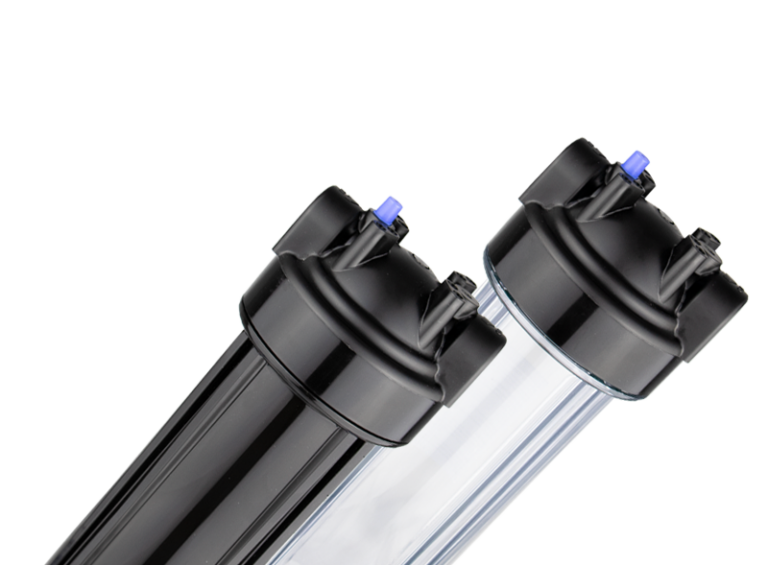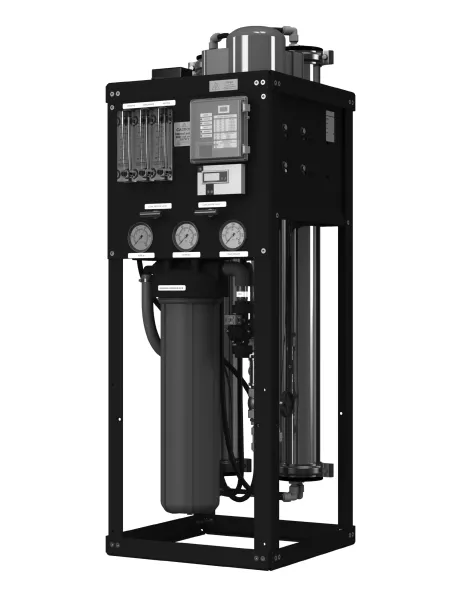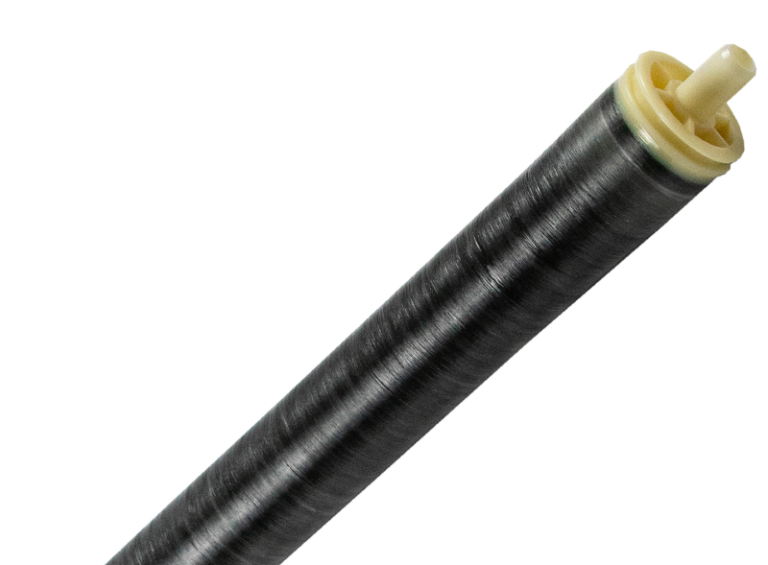As winter covers the world in bleak coldness, snow and ice, it brings a unique set of challenges for various applications, especially those who work with water in the liquid industry. One aspect that may not be considered is the how winter weather impacts your application, including filter housings, reverse osmosis (RO), and water treatment in general.
Filter Housings
One common concern during winter is the potential of water freezing, and when you have a filter housing in use, this can cause issues to an application. Water is one of the only liquids that expands when it freezes, and this expansion can lead to the cracking and breaking of plastic filter housings. To prevent this from happening, it’s essential to keep a vigilant eye on the temperature and take proactive measures such as installing insulation around the filter housings.
Insulating filter housings can help maintain a stable temperature, preventing water from freezing inside and protecting components from damage. Less damage means less downtime for your application, meaning it can continue to operate as normal, as well as saving any costly consequences of filter housing failure during the cold months of the year.
RO Systems
Reverse osmosis systems are one of the most effective forms of water treatment, and their performance can be impacted by cold weather. One key issue arises from the fact that cold water is thicker, making it harder to travel through the RO membrane. The increased viscosity of the water can lead to lower production rates, affecting the efficiency of the system as a whole.
Adjustments may be necessary to prevent any issues in production. Increasing feed pressure can help compensate for the higher viscosity of cold water, ensuring the system maintains its desired production levels even in chilly conditions. Regular monitoring and adjustments during winter months can help optimise RO system performance and avoid potential disruptions.
Other Considerations
RO Membrane lifespan: Cold temperatures can also impact the lifespan of RO membranes. It’s important to be aware that extreme cold can contribute to membrane damage or reduced effectiveness over time. Regular inspections and potential replacements may be needed to maintain performance.
Chemical dosage: Chemical dosage and the efficiency of certain water treatment chemicals may not be optimal, so it may be necessary to reevaluate and adjust chemical doses based on temperature fluctuations to ensure the usual levels of effectiveness at all times during the water treatment process.
Maintenance: Preventative maintenance should be regular and thorough as it becomes more important during winter. Inspecting and servicing your application, checking insulation, and verifying system framework are essential steps to ensure reliability through colder months.
Being proactive in addressing these issues is key to maintaining the reliability and efficiency of an application. By implementing insulation, monitoring temperatures and making necessary adjustments, businesses can ensure that their filtration and water treatment systems continue to operate smoothly even in the harshest winter conditions.





















